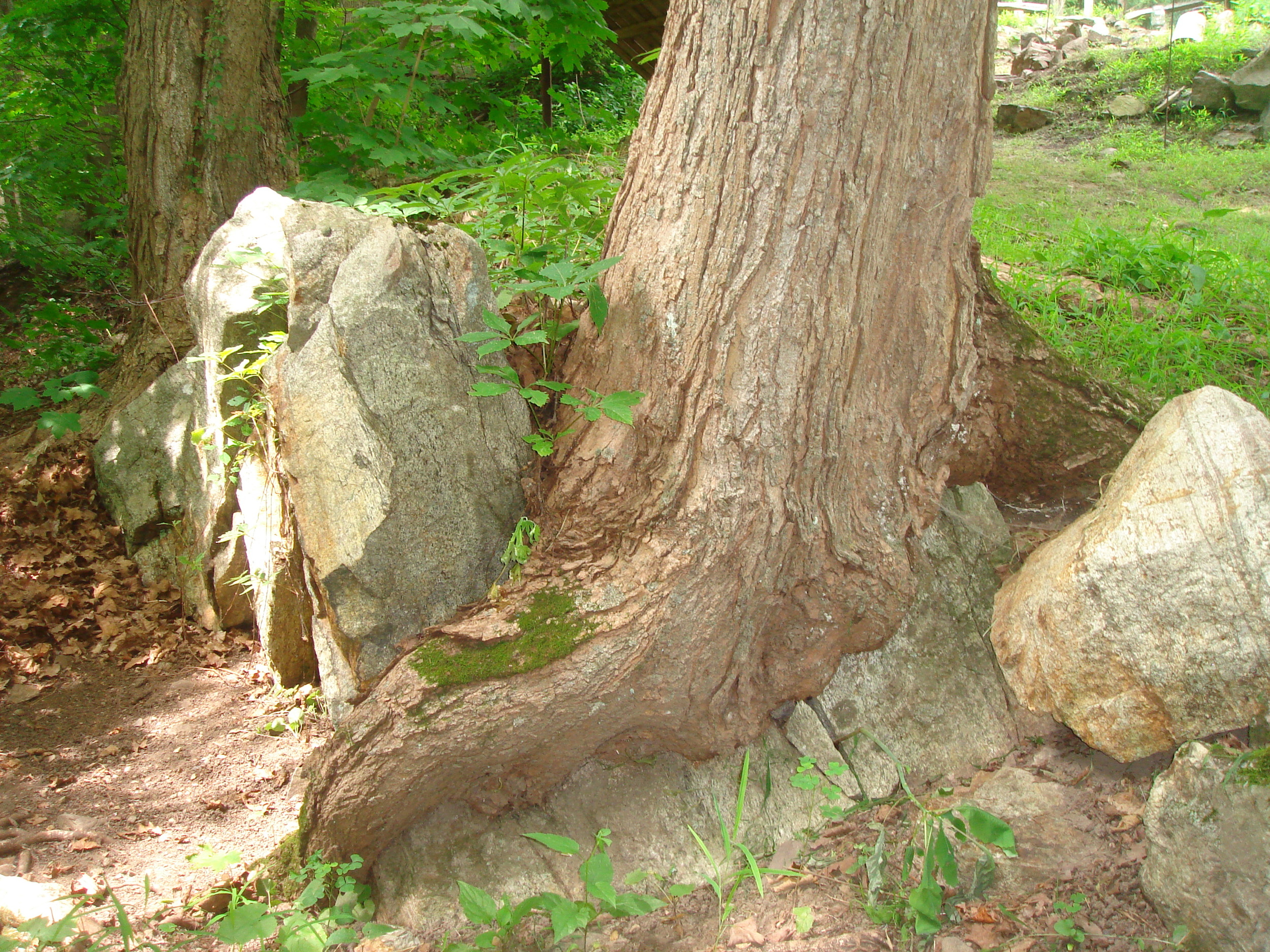Have you ever thought about what happens with your waste once the garbage truck pulls away from your curb? Out of sight, out of mind? The garbage statistics in this country are staggering even if we only consider residential garbage (a mere 2% of the total garbage output, which includes industrial, commercial and construction garbage). San Francisco has striven for many years to become a zero waste city, trying to either recycle or compost most waste.
I do want to make you feel guilty in order to make you more aware. After all, toxic landfill juice leaks into our groundwater (which we drink), and toxic landfill breath evaporates into our air (which we breathe in).
What can you do to help? Many things. First, recycle, recycle, recycle. Get the biggest residential recycling can from your recycling company, and the smallest available garbage can from your garbage company (and save a few dollars a year). Recycle all your paper products, from cereal boxes to newspapers to gift wrap. If you get your eggs from a farm return your egg cartons to them for reuse. If you do some home printing print on both sides of the paper. Recycle all your plastics (the recycling company does not take bags in our area, but the local supermarkets collect them for recycling) and glass containers (I actually save a lot of my wide mouth glass jars to store home made hummus or bulk items I get from the coop).
Bring your own canvas shopping bags when you go shopping. Start a composting bin if you have a garden and compost all produce waste (see an earlier post), coffee filters and tea leaves/bags, egg shells, stale bread (although I'd rather make bread pudding or a breakfast strata with it). If you eat a lot of produce like we do, that should cut your kitchen garbage output by about half!
You might also consider buying clothes at second hand shops (I am always amazed what great things in superb condition I find at a fraction of the cost of new clothing), and give your used clothing (that is still in good condition) to a local shelter or bring it to the many clothing donation bins that abound. And do buy compostable garbage bags since standard plastics can take up to 1000 years (!!!) to decompose.
Most of all, buy less stuff (stuff does not make you happy, inner peace does) and produce less garbage. Please reread an earlier related post,




